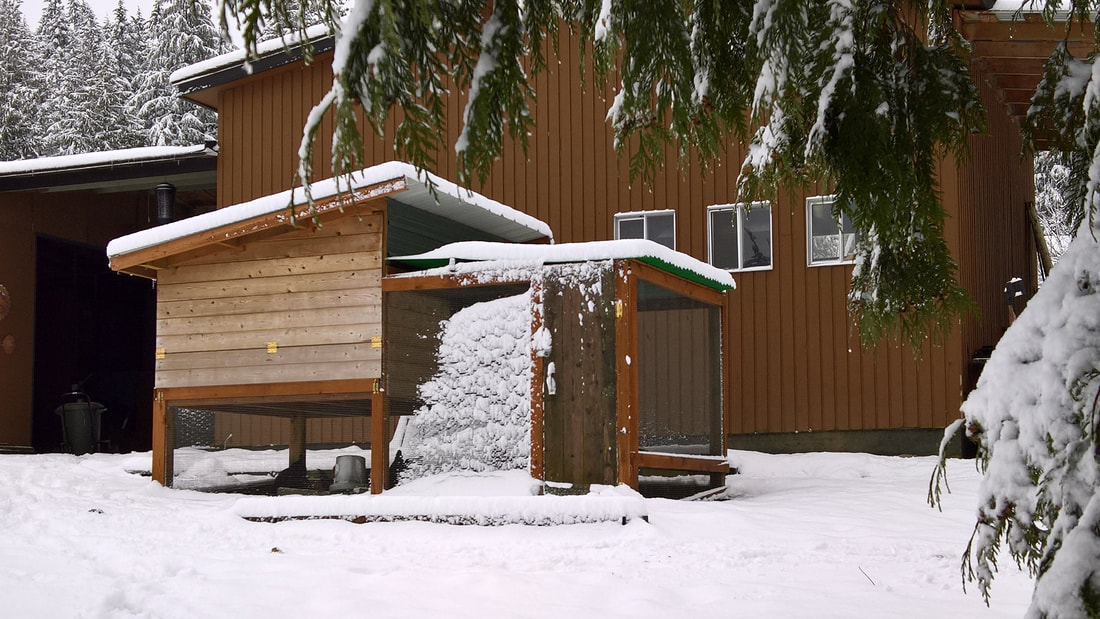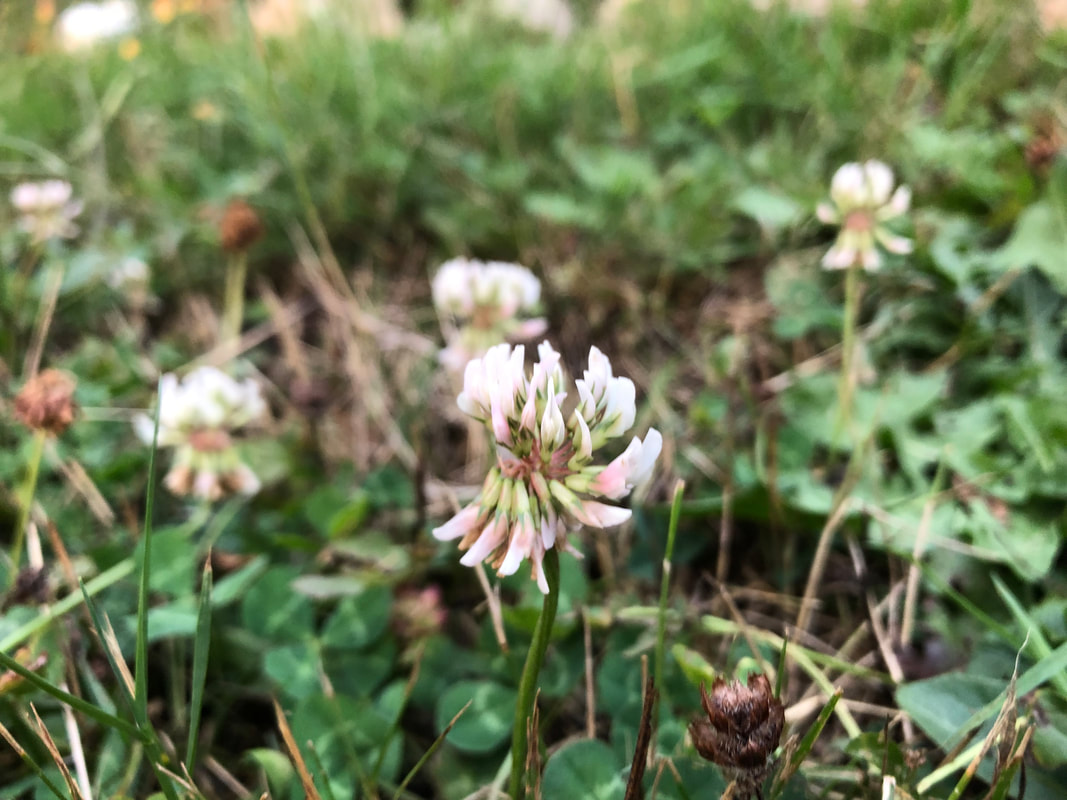Using the Change of Seasons to Prepare for Harsh Weather
Because of this, proactive preparation is more important than ever. This means you will want to have plenty of supplies on hand at least a couple of months before you may need them. With weather changes occur more rapidly severely and supply chain challenges still creating shortages, you don't want to be caught on your heels. There are always plenty of things to do, but here a few top things that you may want to check:
- Roofs: Check all your buildings' roofs for leaks. Be sure to repair any leaks and all consequential damage immediately to avoid future labor and costs.
- Gutters: All gutters should be regularly checked for debris. A lack of rain for a period causes buildup of debris, that can eventually pull down a gutter and sometimes damage a roof in the process. Also, this keeps the rain from dumping down on you when you walk underneath the gutter area. If you are collecting rain water, check your entire system a minimum of once per month.
- Storage and feed rooms: Dust from hay can make breathing uncomfortable and floors slippery. It's important to always keep floors neat and clean, but a good occasional scrub down is often helpful. Obviously the best time to do this is when the hay supply is naturally depleted and it's time to restock, so right before bringing in the season's hay is perfect.
- Hand tools: Inspect tools for condition and cleanliness. Shovels, forks, buckets, fans, filters, and so forth should be kept on hand. Repair what needs attention and replace what is needed.
- Sun and Lighting: As days shorten or lighten, make sure you adjust your lighting accordingly. Shoulder seasons also frequently bring storms, so be sure to also check your fuel supply for generators and batteries for items such as flashlights.
- Water Management: Water and corresponding precipitation are some of the most important issues we now face. Either too much, not enough or contaminated water supplies. The best way to address this is through conservation, regardless of the season. The idea of water conservation is the concept that the water that falls from the sky should remain as long as possible on the place to which it fell. Previously nature did this for us via elements such as trees, other vegetation and beavers. In their absence, consider practices such as rain collection barrels and retention ponds, This prevents the water from rushing destructively, further eroding the ground and its nutrients, and rather slowly seeping into the groundwater where it remains beneficial.
- Air Quality: Fires are increasingly degrading air quality. Box filters attached is fan fronts can help, but this will often also reduce air flow. Therefore, carefully calculate which of the two problems you think is the bigger concern is that needs to be addressed.
- Irrigation: Warmer temperatures require more irrigation as soils dry more quickly. Diligently check lines for functionality and monitor soil moisture levels. In rain seasons, make sure irrigation systems are shut down. Lines should be drained and left open prior to potential freezes. Exposed pipes need to be insulated in some fashion.
- Power equipment: Don't wait until it's bitterly cold and wet or blistering hot before checking on power equipment. Not only is repair uncomfortable in extreme weather, heat and cold put extra strain on engines. That same extreme weather may just trigger the event that causes you to need that very equipment. Be sure to carefully follow the owner's instructions. Also be sure to check items like the condition of grow lights and heat lamps for plants and chickens and buckets to make sure they are still reliable.
- First Aid supplies and drugs: Extreme weather causes stress in all animals, so it's important to have first aid supplies on hand, including any beneficial supplements. At the same time, first aid supplies and drugs need to be protected from weather, so check storage temperatures . Check your first aid supplies and have drugs on hand that you may need.
- Animal housing and fields: Remove manure, walk fields to check for debris that needs to be removed and barren areas that need attention, such as perhaps a fall seeding. Also, any weeds that have moved in with the change of the season need to be checked and trees that may need attention due to damage. Check fencing, barns and run ins for any broken or dangerous places that could injure animals and make repairs.
- Soil: Maintaining and preparing soils is an ongoing job, regardless of which shoulder season it is. Shoulder seasons are important times for feeding plants and amending soils. If needed, fall if an excellent time to add lime to soils by offering specific advantages. It takes approximately four months for lime to fully react with the soil. With a fall application, the pH level should be ideal by the spring growing season.
- Leaves and grasses: Watch for both fresh leaves and fallen leaves and grasses that can be toxic if accessed by livestock. Also, certain grasses, such as Johnson grass, can be tolerated prior to a frost, can be fatal if ingested post frost. Check your grazing areas and clean and remove large piles of debris. Add decomposing material to your compost but be careful to not include weed seeds!
Carefully monitor weather for first and last frosts to determine when produce will need to be harvested or it may be time for indoor germinated seeds to begin their move to the outdoors. Quickly changing conditions are particularly tough on young, tender plants or those plants that have set buds. Additionally excessive heat discourages pollinators. Use moisture such as dampening the soil and shade cloths to help reduce damagingly high temperatures that cause plants and animals to go outside their tolerable temperature zones. Sometimes the extremes only last for short periods of time and simple precautions will be sufficient. For multi- hour and -day extremes, more comprehensive measures will need to be taken.



 RSS Feed
RSS Feed
